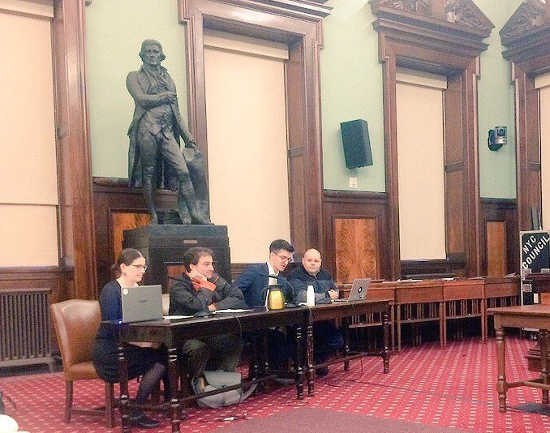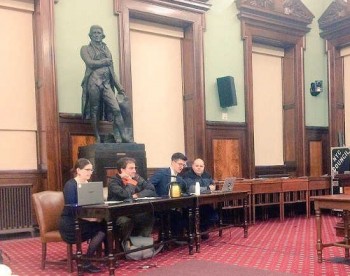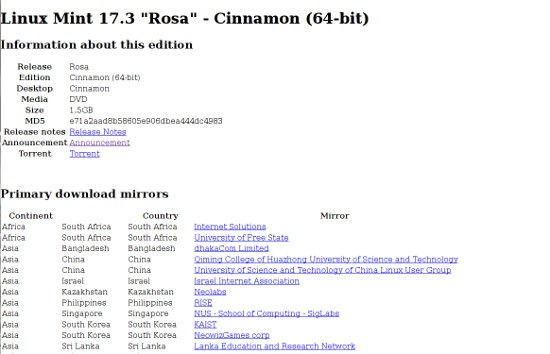FOSS Week in Review
As Linux Mint scrambles to get security back on track, numerous prototypes of Linux phones are on display and Ubuntu gathers awards at the Mobile World Conference in Barcelona.
What a week in the FOSS world. So much has happened since our last Week in Review that I think I’ll skip the idle chitchat about the weather and such and get straight to business. Well, I will take the time to tell you that it’s been damned cold in these parts and I’m more than ready for spring…
 The Great 2016 Linux Mint Hack: The hack at one of the crown jewels of Linux distros has undoubtedly been the biggest story this week. I’ll not bore you by repeating details which most of you have probably already read by now, but will direct those of you who don’t know to FOSS Force’s coverage on Sunday, and to our report on Monday in which Freedom Penguin Matt Hartley helps me take a look at the nature of the crack/hack.
The Great 2016 Linux Mint Hack: The hack at one of the crown jewels of Linux distros has undoubtedly been the biggest story this week. I’ll not bore you by repeating details which most of you have probably already read by now, but will direct those of you who don’t know to FOSS Force’s coverage on Sunday, and to our report on Monday in which Freedom Penguin Matt Hartley helps me take a look at the nature of the crack/hack.
The good news is that things are slowly — very slowly — returning to normal for the Mint team. By midweek, things were under control enough that the switch could be flipped on Mint’s server, putting the website back online. On Thursday I had a very brief email discussion with the distro’s project leader Clem Lefebvre — “very brief” because Lefebvre was more than little busy at the time. He and his team are in up to their elbows, working to make sure that everything works and plays well with the hardening they’ve done to Mint’s server, as well as working overtime to find any niggling security issues. In other words, they have it all under control, even as they work to get it more under control.
Christine Hall has been a journalist since 1971. In 2001, she began writing a weekly consumer computer column and started covering Linux and FOSS in 2002 after making the switch to GNU/Linux. Follow her on Twitter: @BrideOfLinux










 Officially, the supermarket chains were against the proposal as well, probably both to placate their smoking customers and because North Carolina shares a long history with tobacco and attacking tobacco in any way was akin to attacking mom’s apple pie. Also, in these parts, upper management tends to oppose any regulation as a knee jerk reaction. The supermarket chains’ official support of “smokers’ rights” was, of course, often cited by listeners when they’d call-in to offer their two cents worth.
Officially, the supermarket chains were against the proposal as well, probably both to placate their smoking customers and because North Carolina shares a long history with tobacco and attacking tobacco in any way was akin to attacking mom’s apple pie. Also, in these parts, upper management tends to oppose any regulation as a knee jerk reaction. The supermarket chains’ official support of “smokers’ rights” was, of course, often cited by listeners when they’d call-in to offer their two cents worth.